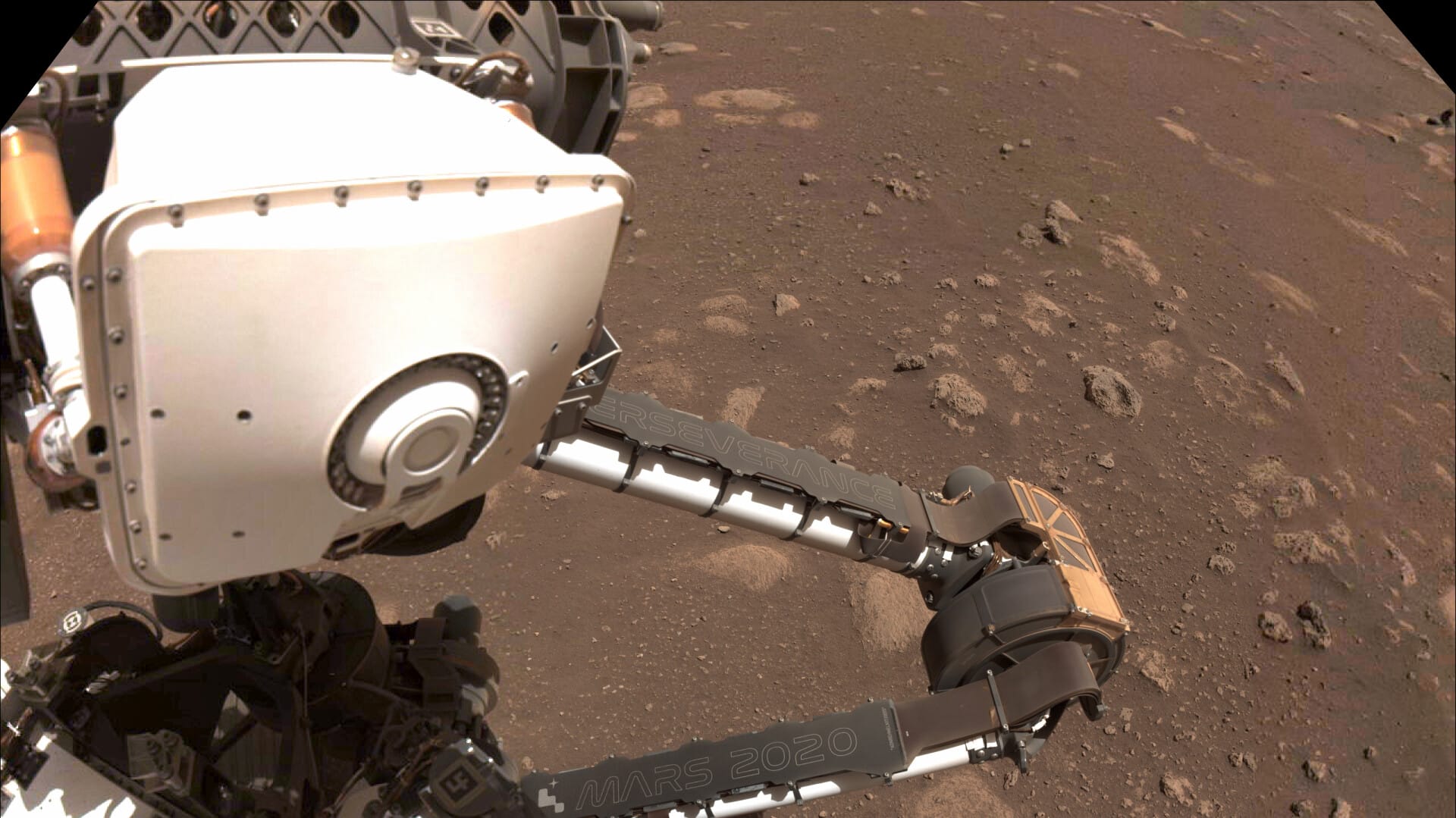
How NASA is using AI to uncover secrets of Mars
What's the story
NASA's Perseverance rover is utilizing artificial intelligence (AI) to revolutionize scientific research on Mars. This marks a significant milestone as it is the first time AI has been used on Mars for autonomous decision-making based on real-time analysis of rock composition. The AI software, known as "adaptive sampling," supports PIXL (Planetary Instrument for X-ray Lithochemistry), a spectrometer developed by NASA's Jet Propulsion Laboratory (JPL) in Southern California.
PIXL functionality
AI software enhances Mars rover's mineral identification
The spectrometer, PIXL, maps the chemical composition of minerals across a rock's surface. This allows scientists to determine if the rock formed under conditions that could have supported microbial life in Mars's ancient past. Abigail Allwood, the instrument's principal investigator at JPL, explained how PIXL uses AI to focus on key science. "Without it, you'd see a hint of something interesting in the data and then need to rescan the rock to study it more," she said.
PIXL Assistance
AI assists PIXL in accurate positioning and scanning
AI assists PIXL in two ways. First, it positions the instrument correctly once it is near a rock target. Temperature swings on Mars can cause Perseverance's arm to expand or contract a microscopic amount, which can throw off PIXL's aim. To counter this, PIXL's camera time and again checks the distance between the instrument and a rock target to aid with positioning.
Rock analysis
AI system scans Martian rocks for chemical composition
Once PIXL is in position, another AI system scans a small area of a rock, firing an X-ray beam thousands of times to create a grid of microscopic dots. Each dot reveals information about the chemical composition of the minerals present. This process occurs in real time without needing to communicate with mission controllers back on Earth. "This lets PIXL reach a conclusion without humans examining the data," Allwood said.
Sample return
AI's role in NASA's Mars Sample Return campaign
Data from Perseverance's instruments, including PIXL, guides scientists when drilling cores of rock and sealing them in titanium metal tubes. These rock samples are high-priority candidates for return to Earth for further study. AI is also used by NASA's Curiosity rover, located about 3,700km from Perseverance. Curiosity uses AI to autonomously destroy rocks with a laser based on their shape and color. The gas that burns off after each laser zap reveals the rock's chemical composition.
AI navigation
Advanced AI enables autonomous navigation on Mars
Perseverance has the same ability as Curiosity, along with a more advanced form of AI that enables it to navigate without specific direction from Earth. Peter Lawson, who led the implementation of adaptive sampling before retiring from JPL, highlighted the benefits of AI. "The idea behind PIXL's adaptive sampling is to help scientists find the needle within a haystack of data, freeing up time and energy for them to focus on other things," he said.